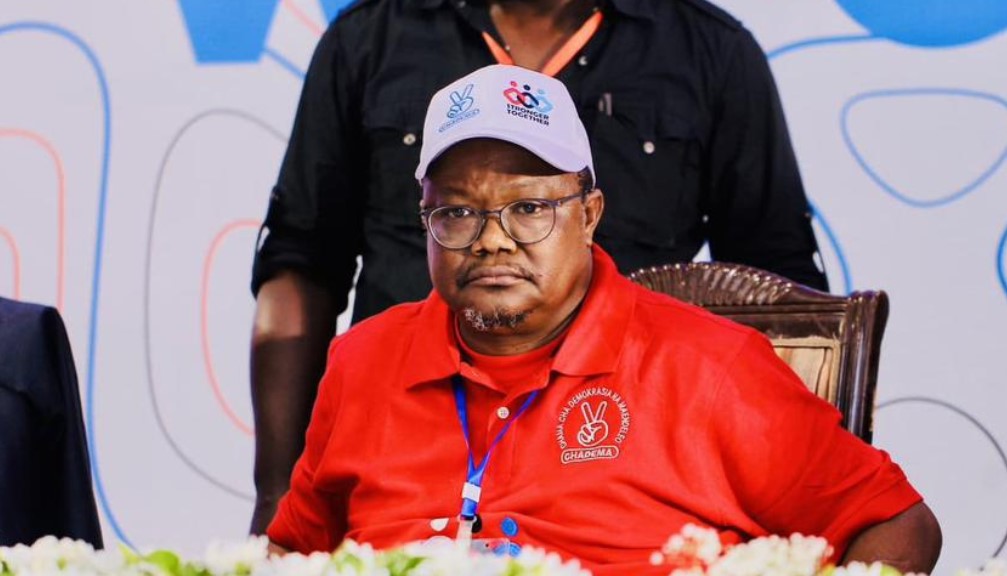Tanzanian opposition leader Tundu Lissu went on trial on Monday for treason, just weeks before the country’s general election. The timing of the trial has sparked widespread concern about the state of democracy in Tanzania, where the main opposition party, CHADEMA, has been barred from contesting the upcoming vote.
Lissu, who finished second in the 2020 presidential election, was arrested in April after prosecutors accused him of calling on citizens to “rebel and disrupt” the forthcoming polls. The government claims his speech amounted to incitement, but opposition figures and human rights groups see the case as politically motivated.
The outspoken politician has long been one of the fiercest critics of the Chama Cha Mapinduzi (CCM) party, which has ruled Tanzania since independence in 1961. He vowed to boycott the election unless sweeping electoral reforms were enacted, accusing the electoral commission of bias towards President Samia Suluhu Hassan’s ruling party.
Lissu’s political journey has been marked by resilience. In 2017, he survived an assassination attempt, sustaining 16 gunshot wounds while serving as a Member of Parliament. The attackers were never identified, and the case remains unresolved.
Meanwhile, the electoral commission has also disqualified the leader of Tanzania’s second-largest opposition party from contesting the presidency, leaving Hassan to face only minor challengers.
President Hassan, who initially won praise for easing the authoritarian grip of her predecessor, John Magufuli, now faces renewed scrutiny. Human rights groups have accused her administration of continuing the repression of opposition figures through arrests, intimidation, and alleged abductions.
While Hassan insists her government upholds human rights and even ordered an investigation into last year’s abduction reports, the findings have yet to be made public.
As the treason trial unfolds, many Tanzanians and international observers fear that the country’s fragile democratic progress may once again be under threat.

